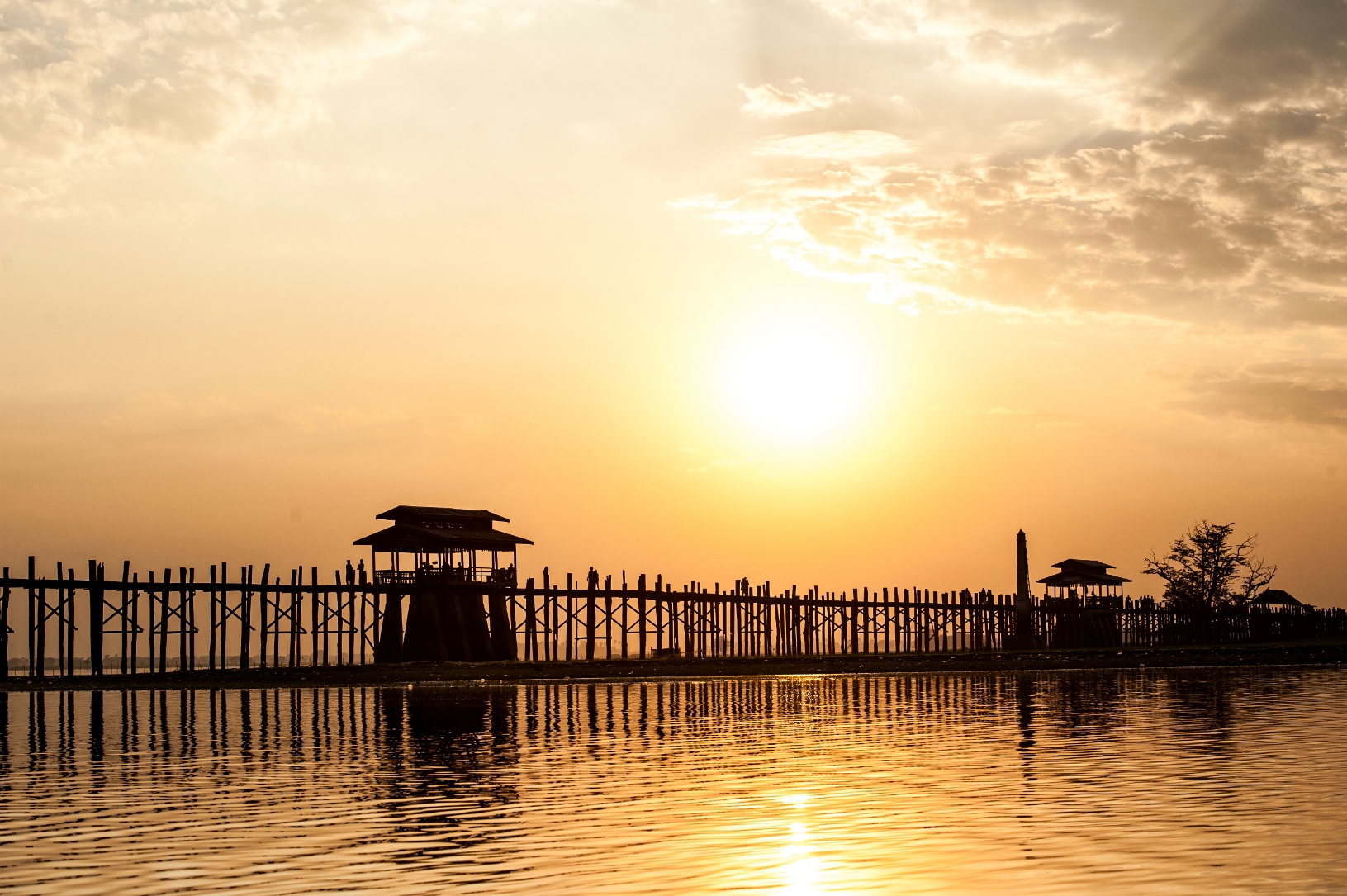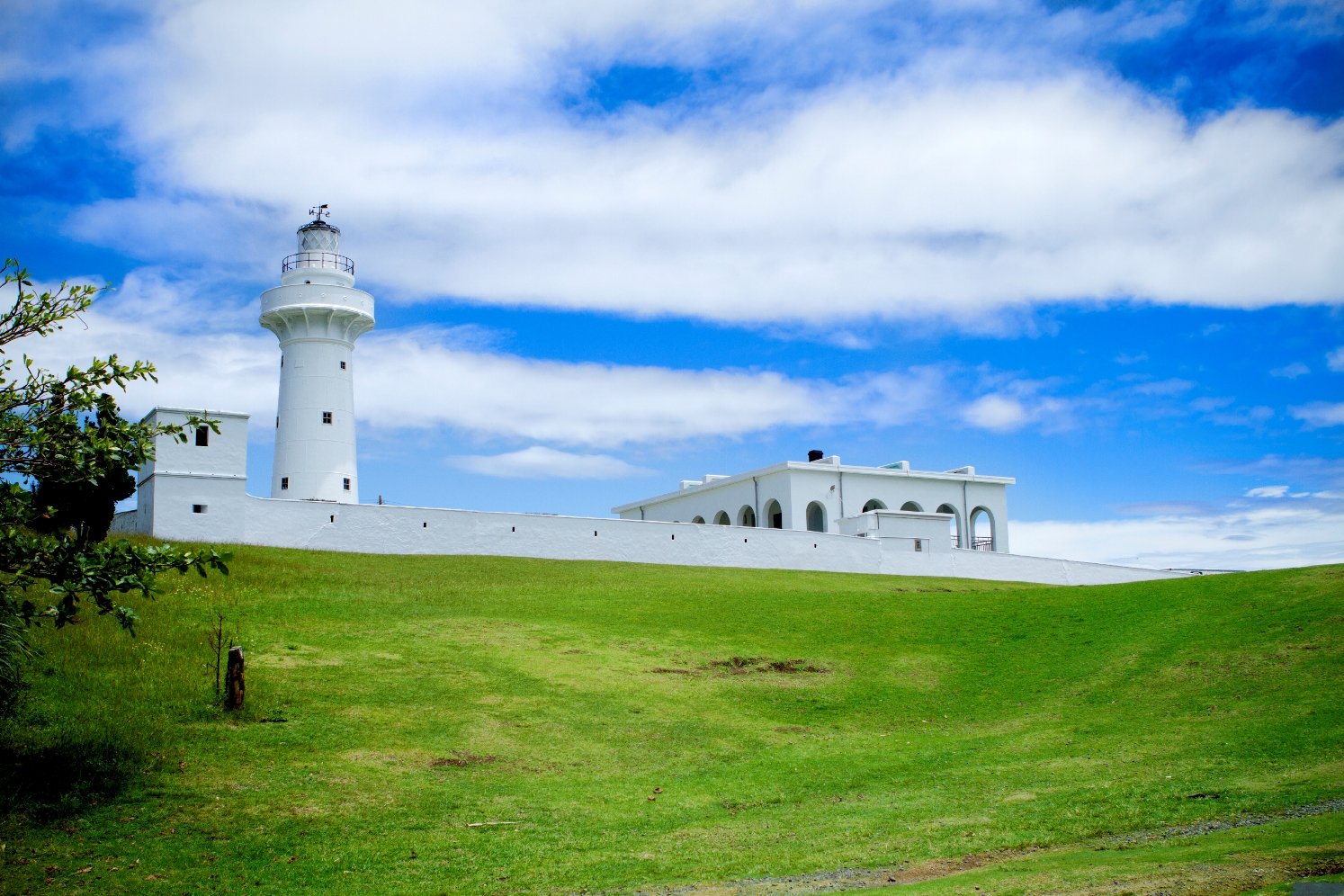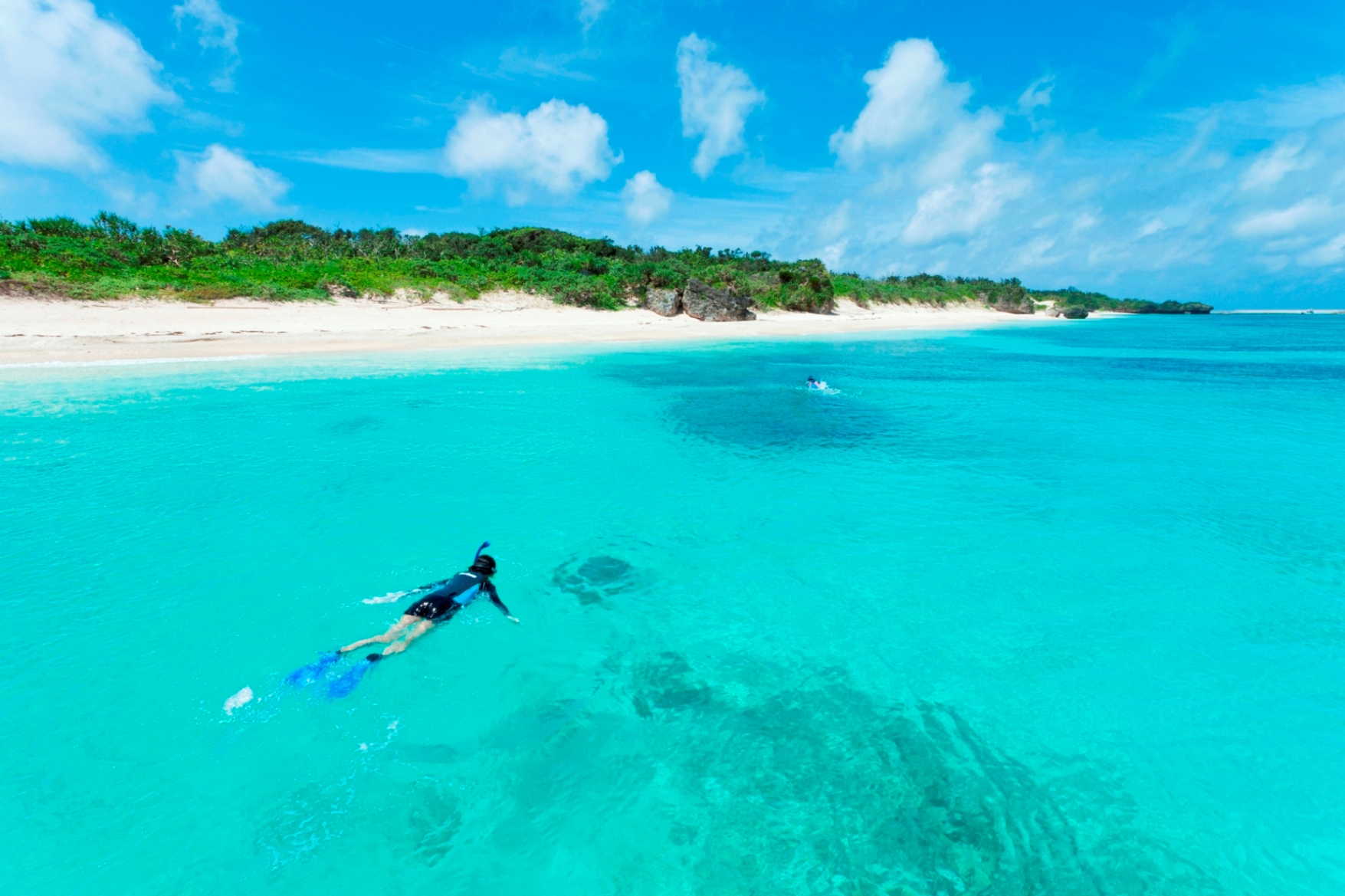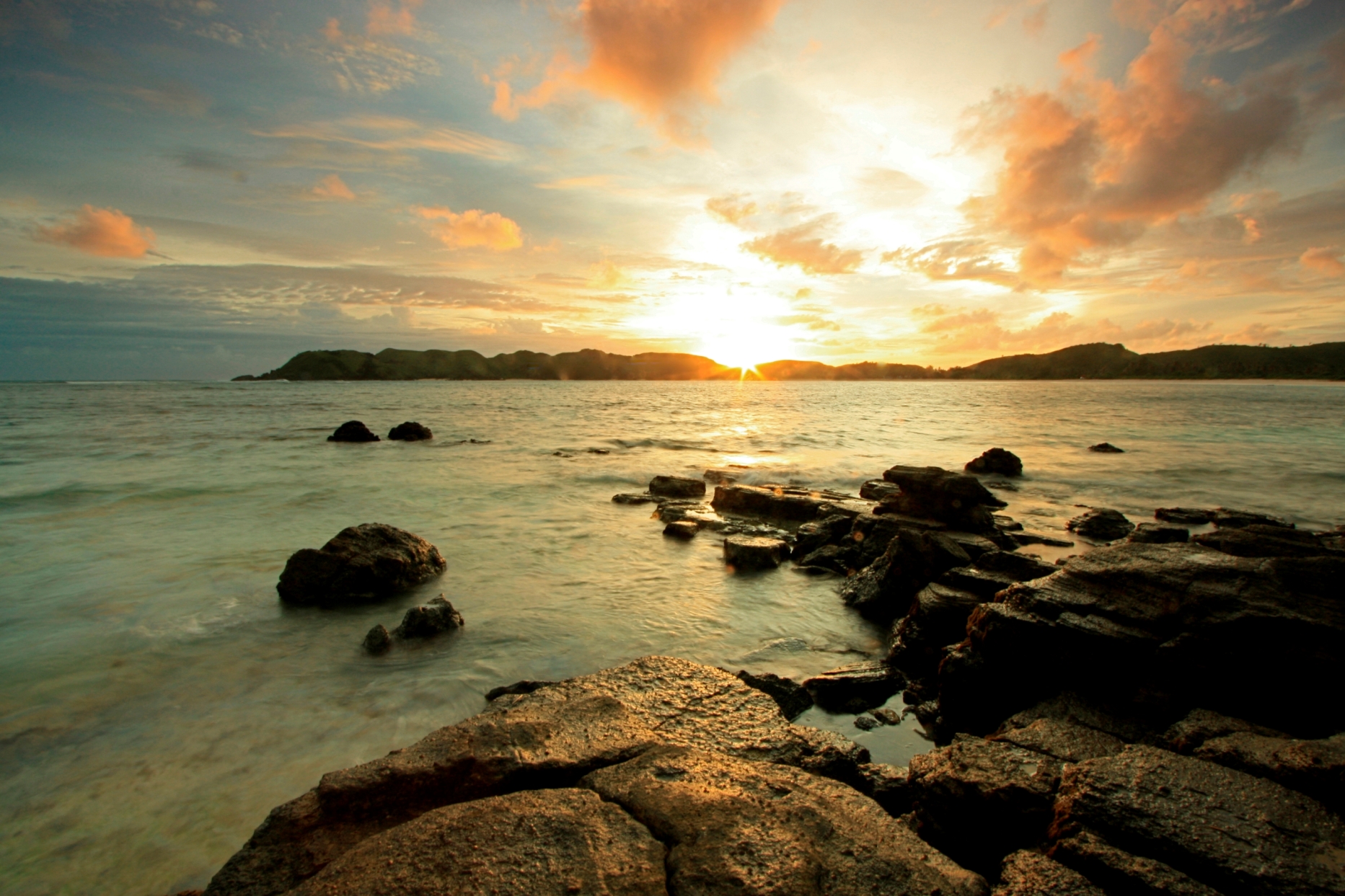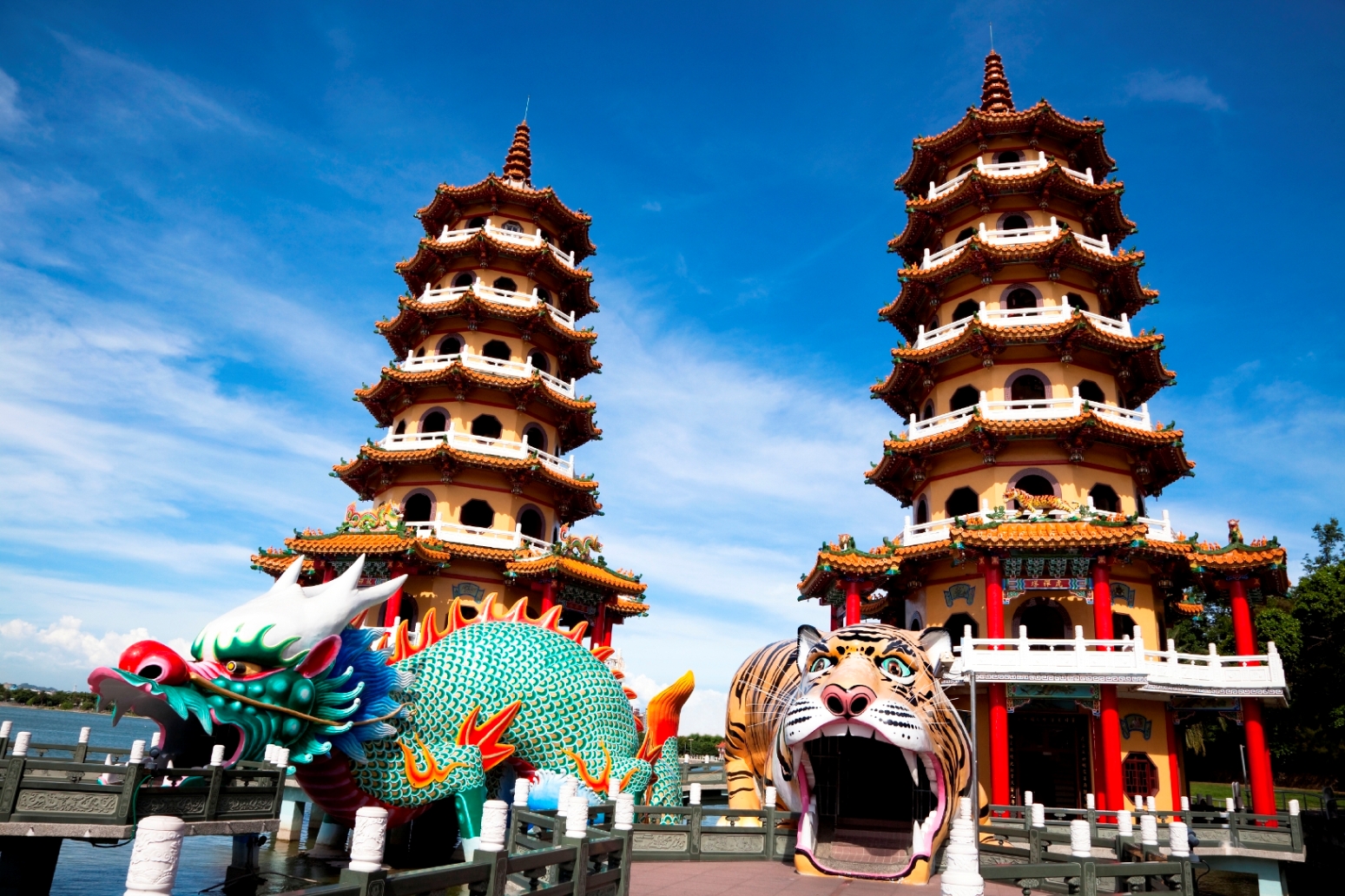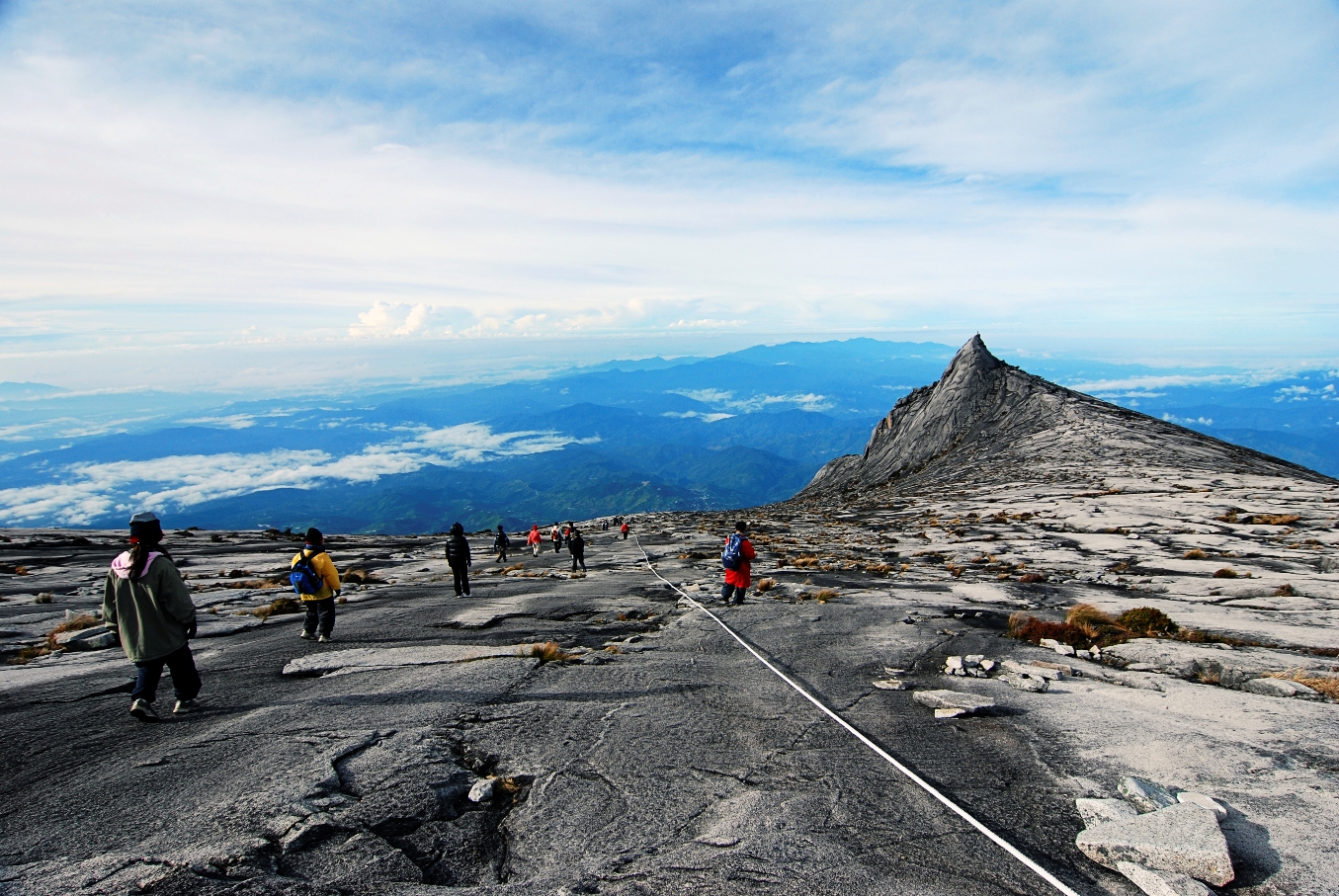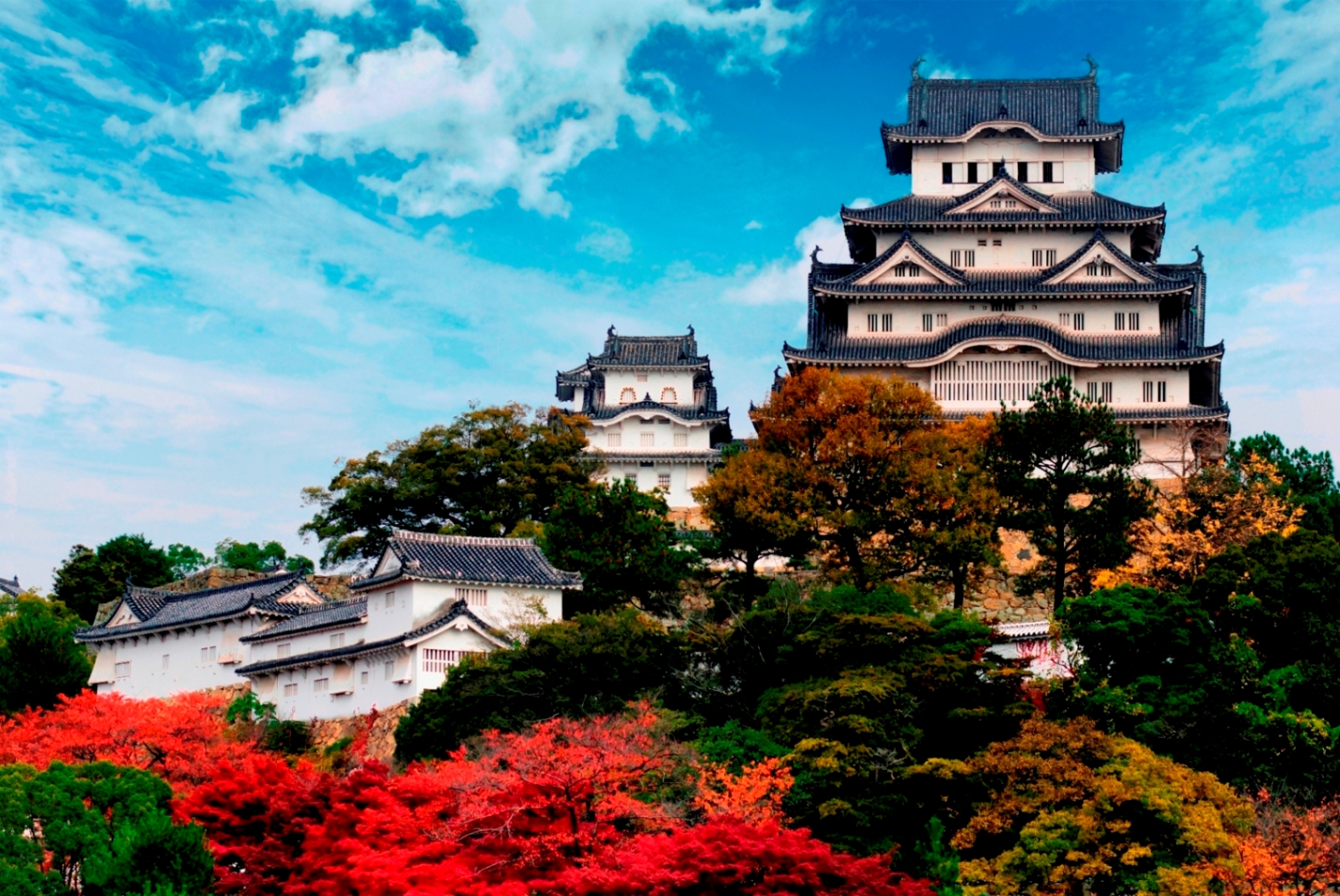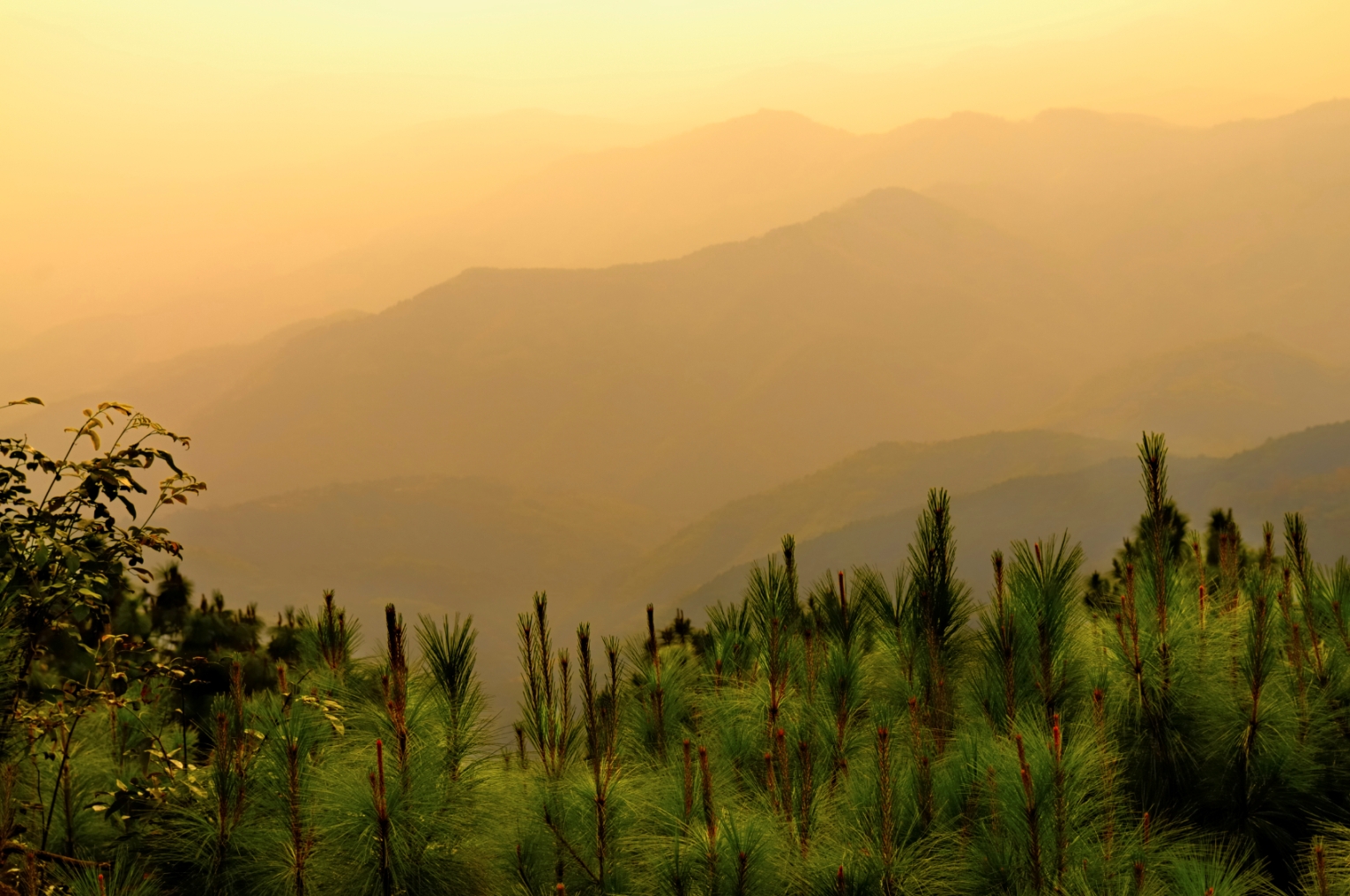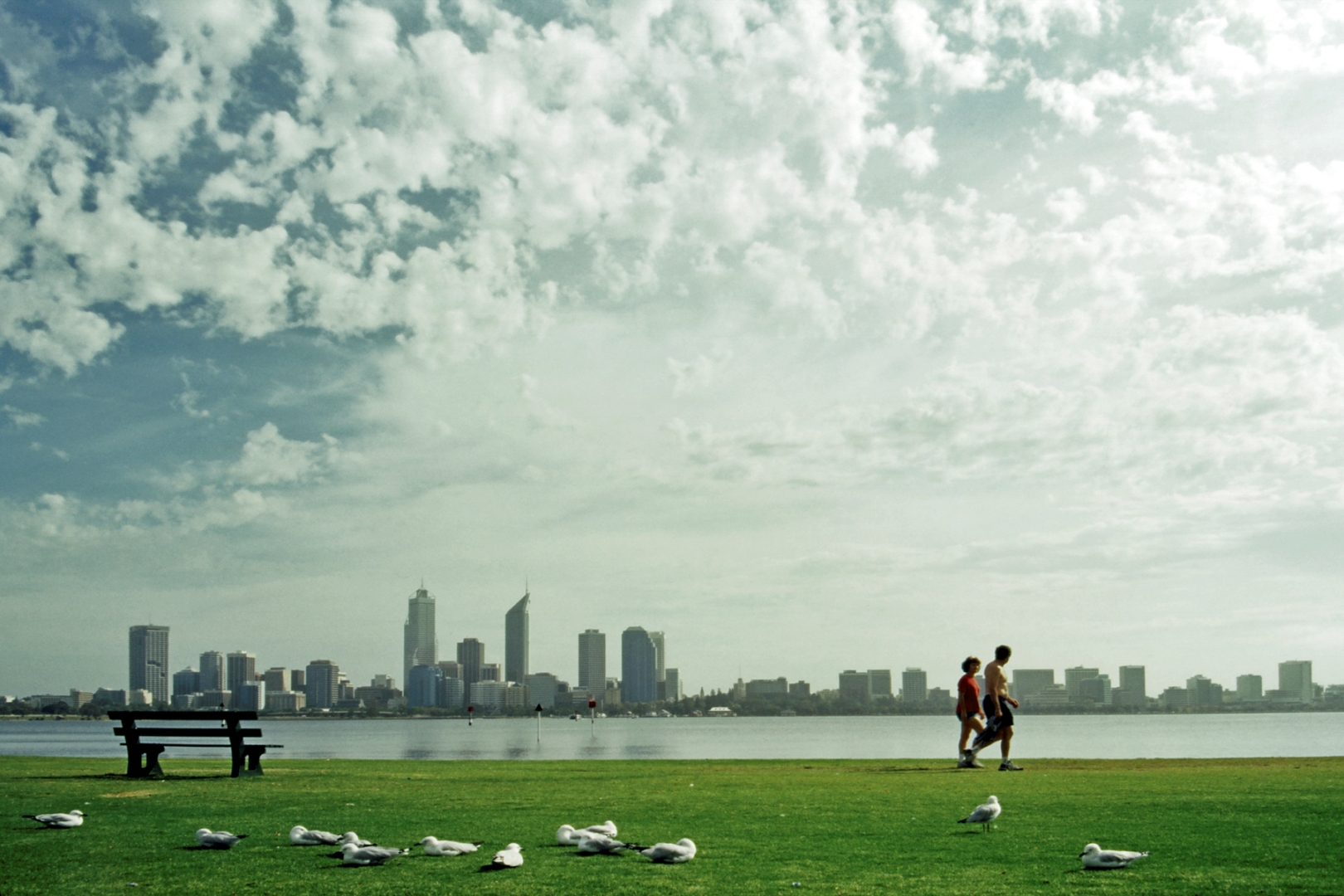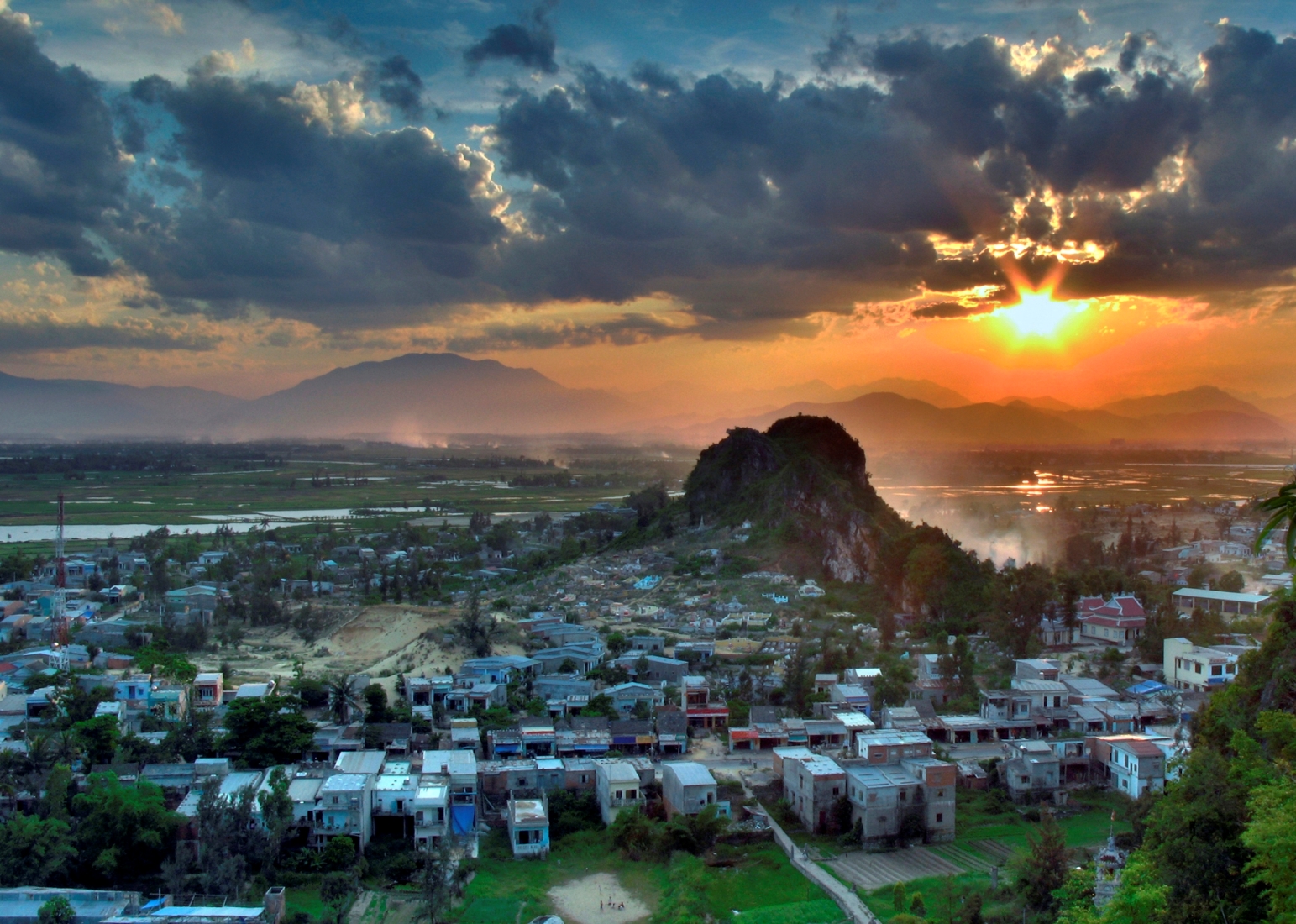To finalize the selections on the fourth iteration of its yearly list, Agoda.com’s editorial team studied complex booking patterns, read customer reviews, and worked closely with its hotel teams on the ground. Importantly, the Fresh Destinations list is not a ranking of the most popular or highest rated destinations, nor is it a summary of the least known or seldom visited. Rather, it is a list of places that saw a boom in travelers, attracted a large amount of expert travelers (i.e. those who travel frequently to new destinations), and where genuine, unfiltered travel experiences are easy to find despite the rising popularity of the destination.
Agoda recommended hotels: http://www.agoda.com/city/mandalay-mm.html
Where is it? Roughly in the middle of Myanmar, if you discount the country’s long southern coast.
What is it? Myanmar’s second-largest city and the country’s main hub for finance, education, and culture.
Why go? Originally conceived as the world’s greatest Buddhist capital in 1857, Mandalay’s once-sleepy economy buzzes with trade, while a diverse mix of Bamar, Indian and Chinese cultures influence food, architecture, language, and its many annual festivals. While much of its original splendor is no more, it remains an energetic city with plenty to see, including sundry religious and cultural sights centered around Mandalay Hill, lively markets, and the famous U Bien Bridge, made of teak and 1.2km long.
When to go? November-February is the coolest and most comfortable time to travel, although if you’re looking to avoid other tourists and can stand short but daily rain showers, come in May-October.
How to go? Mandalay International Airport serves flights from Bangkok and Kunming. Bus and rail links from Yangon and other domestic points exist, but price, schedules, and comfort are unpredictable.
Traveler tips: Mandalay Hill seems to be where people most like to go for sightseeing, but hiring a private driver for the day is the best way to see sights off the beaten path.
Agoda recommended hotels: http://www.agoda.com/zh-hk/city/kenting-tw.html
Where is it? An area on the southern-most tip of Taiwan.
What is it? Encompassing several townships and a national park, Kenting is famous for its lush mountains and tropical beaches.
Why go? Outdoor enthusiasts will love Kenting. There are numerous activities to take up your day, from surfing and swimming on the beaches, hiking and camping in the foothills, and even cave exploring and visits to hot springs. The towns and villages that dot the areas operate at a pleasantly slow pace, perfect for bike rides, and the nightly market in the main village is a must. Kenting is also known for the Spring Scream music festival, which takes place from 3-6 April this year.
When to go? November and December are usually the best time to visit. Avoid Chinese New Year in February, as well as typhoon season from June-October.
How to go? Buses to Kenting arrive regularly from many destinations nearby. By train, you must first head to Zuoying, Kaohsiung and then take a bus from there.
Traveler tips: Several guests have said that transport is sometimes difficult to arrange and that renting your own bicycle, motorbike, or car makes getting around much easier .
Agoda recommended hotels: http://www.agoda.com/zh-hk/city/okinawa-jp.html
Where is it? Far south of the Japanese mainland, only 600km from Taiwan.
What is it? Part of the Ryukyu island chain, which stretches across 1,000km of open ocean.
Why go? Okinawans are famously proud of their unique language, culture and cuisine, which is markedly different from the mainland. With tropical weather, lovely beaches and maritime sports like sailing, fishing and surfing easily available, (not to mention a large US military base) it’s no wonder that it’s often called the Hawaii of Japan. And did you know that Okinawa is the home of karate?
When to go? Spring or autumn are tops (March-May and October-December). Avoid typhoon season from July-September.
How to go? The easiest way is on a plane from several places in Japan, as well as from Taiwan, Hong Kong, South Korea and China. Ferries are available, but are pricey and, obviously, much slower than air.
Traveler tips: Many travelers recommend an afternoon at Kokusai Dori, a large covered shopping street where you can load up on souvenirs (and get your last fill of Okinawan food) before you head back home.
Agoda recommended hotels: http://www.agoda.com/zh-hk/city/lombok-id.html
Where is it? Bali’s neighboring island to the east.
What is it? Part of the Lesser Sunda Islands, Lombok is just as beautiful as Bali, but without the high tourist numbers. Yet.
Why go? Lombok offers the best of Indonesia’s amazing beaches and scenery without the stresses that have been placed on other, more crowded areas. A tropical paradise in every sense of the word, visitors come for the amazing snorkeling, surfing, scuba diving, fishing, and to simply laze around in the sun. There are great hikes to conquer, like the one up Mt. Rinjani, Indonesia’s third-highest peak, and out to several lovely waterfalls and semi-isolated villages dotted around the 400+ sq.km national park.
When to go? May-September’s dry season is the most comfortable time. Crowds thin during the rainy season (October-April) but if you don’t mind the occasional short downpour, it’s fine as well.
How to go? The new airport brings people in on domestic and international routes, and there are plentiful ferries that buzz to and from towns and islands nearby.
Traveler tips: Of course, breakfasts on the beach are the top recommendation, but Jap from Indonesia recommends hiring a Cidomo, a horse-drawn cart, for tours around the island.
Agoda recommended hotels: http://www.agoda.com/zh-hk/city/kaohsiung-tw.html
Where is it? A stretch of land that runs from the hilly interior of Taiwan to its southwest coast.
What is it? One of Taiwan’s five special municipalities, the metropolitan area along the coast is one of the country’s major political, economic, and commercial hubs.
Why go? Historically known mostly for its busy harbor, Kaohsiung’s tourist scene has grown in recent years due to civil beautification projects and convenient new air routes from neighboring countries. Mild weather and easy access to the surrounding countryside make the city a pleasure to explore nearly any time of year, and there are numerous ways for any type of traveler to keep busy, be it wandering through museums, shopping at night markets, exploring the area on bike, or enjoying the huge variety of food that the Taiwanese are so rightly proud of.
When to go? Avoid the sticky summer months and head there between October-January.
How to go? Airlines from around the region land in Kaohsiung, while high speed train lines and buses arrive from all around.
Traveler tips: Clara from Singapore says that the Fo Guang Shan Monastery is a must-see, while Hon from Australia said that the MRT subway is the best way to get around to the best nightlife areas.
Agoda recommended hotels: http://www.agoda.com/zh-hk/city/kota-kinabalu-my.html
Where is it? On the northwest coast of Borneo, southwest of the Philippines.
What is it? Once a small fishing village, KK, as it’s known, is where you go for great beaches, delicious food, and hairy orangutans. What else do you need?
Why go? The past few decades have seen the population swell, and its multicultural makeup ensures a variety of languages, food, and festivals keep things fresh. The city offers great dining, museums, gardens, monuments and nearby beaches – all fantastic – but the surrounding area is where the options really start to emerge. National marine parks, golf courses, wildlife sanctuaries, and of course Mt. Kinabalu, one of Asia’s tallest – and surprisingly easiest – mountains to climb.
When to go? Weather here is fairly consistent, but the northeast monsoon season from November-March sees the coolest temperatures and least rain.
How to go? Domestic and international airlines all come to KK, as do buses from the surrounding areas.
Traveler tips: Ronald from Germany suggests visiting the food markets, where fresh seafood meals are easy to find, and plenty more say that simply getting lost walking around KK is the best way to see the city.
Agoda recommended hotels: http://www.agoda.com/zh-hk/city/osaka-jp.html
Where is it? On the southern half of Japan’s main island of Honshu.
What is it? The third largest city in Japan and one of its main commercial and cultural hubs.
Why go? Though applying a ‘Fresh’ label to a mega-city might seem counter-intuitive, Osaka nonetheless has an edge that stands out in Japan. A huge aquarium, immersive museums and incredible shopping will keep you moving all day, while at night you can dive into the city’s lively street life, neon-lit landmarks, and dynamic (and delicious) food culture simply by following the crowds, often made up primarily of visiting Japanese.
When to go? Spring (March-May) and autumn (September-November) are the most popular times to enjoy the mildest weather, though springtime is more crowded.
How to go? It’s Japan – by air or train will give you more options than you could possibly use.
Traveler tips: Of course one must head to Shinsaibashi, Osaka’s famous shopping street which seems to go on forever, and Dotonbori, with its fantastic food options.
Agoda recommended hotels: http://www.agoda.com/zh-hk/city/chiang-rai-th.html
Where is it? In Thailand’s lush and mountainous far north.
What is it? Capital of Chiang Rai province – a city with a small-town feel.
Why go? Not to be confused with Chiang Mai, the larger, more famous city to the southwest, Chiang Rai is a lovely little place in its own right, but also one of the best locations to explore the surrounding area from. Trips into the verdant Golden Triangle and excursions to nearby waterfalls, jungle trails, and gilded Buddhist temples are a must. At night, head to the sprawling night market, where endless stalls dish out amazing northern Thai food and hill tribe vendors offer handmade wares of amazing beauty.
When to go? November-February is Thailand’s coolest time, but in the north this can be extended to around May, as the temperatures stay cooler for longer.
How to go? Flights to/from Kunming and Bangkok are frequent, as are buses of all types.
Traveler tips: William from Australia highly recommends the local tea shops, most of which source locally, and guests repeatedly say that Chiang Rai’s night market is a definite must-visit.
Agoda recommended hotels: http://www.agoda.com/zh-hk/city/perth-au.html
Where is it? On Australia’s far southwestern edge.
What is it? The capital of Western Australia and one of the world’s most isolated cities.
Why go? Despite being so far away from everything else – or maybe because of it – Perth has an energetic, culturally diverse, and financially secure population (fueled in part by the area’s massive mining industry). This, plus its temperate climate and proximity to some amazing and often deserted beaches, do a lot to fuel the famously laid-back Perth lifestyle, which includes a blossoming culinary scene, vibrant night life, and world-class vineyards.
When to go? Spring (September-November) and Autumn (March-May) enjoy the best weather.
How to go? Given Australia’s massive size, it’s best to arrive by air, but a four day/three night train journey from Sydney can also be done if you have the time.
Traveler tips: Anne from Australia recommends the free Fremantle Bus to get around the city, as you can hop on and off as you please, and several more say the Fremantle Markets are very much worth checking out.
Where is it? Almost exactly halfway down Vietnam’s curving coastline.
What is it? A major port city and the gateway to many of central Vietnam’s attractions.
Why go? At first glance Da Nang doesn’t seem like much, but that’s changing fast. New hotels and shopping areas are being built, and money is being spent fast on infrastructure improvements. Nearby UNESCO World Heritage Sites, such as Mỹ Sơn and the lovely town of Hội An are major draws, and visitors can hike in the lush Marble Mountains, surf at the famous China Beach, explore caves, visit museums, and of course, partake in excellent Vietnamese cuisine.
When to go? February-May has the mildest weather and least rainfall.
How to go? International flights to surrounding countries come in frequently; buses can be arranged from many nearby towns and cities, and the north-south train line stops in town.
Traveler tips: Carter from the USA suggests viewing the fire-breathing Dragon Bridge at 9pm on weekends, and Phuoc from Australia says not to miss the fresh coconut juice in many of the cafes.
